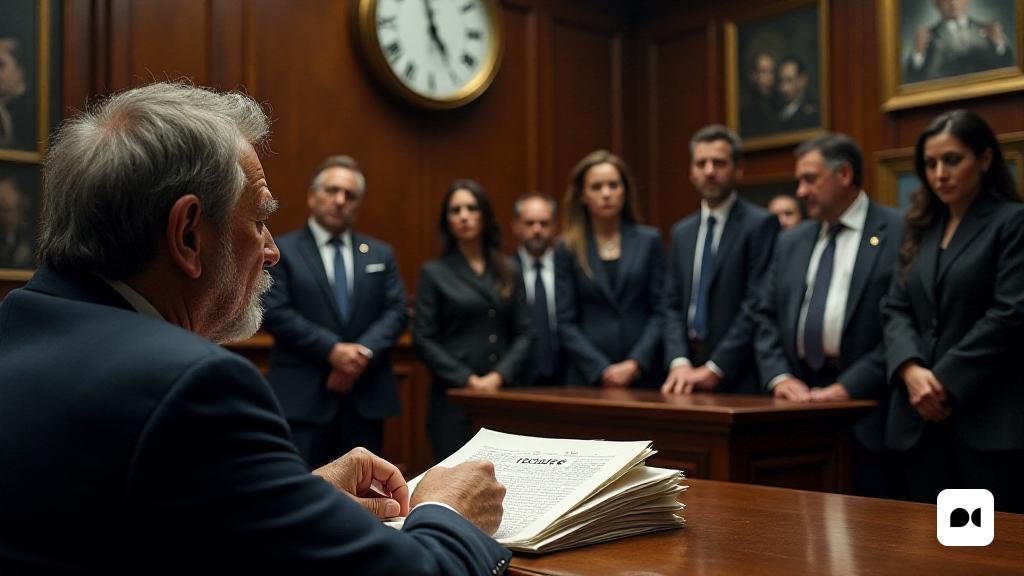A father in fighting euthanasia
Cristianos Abogados, a legal entity with a conservative vision, has decided to defend a father who firmly opposes euthanasia, who is proposed for his 24 -year -old daughter. Recently, they have filed an appeal before the High Court of Justice of Catalonia (TSJC) to challenge the decision of a Barcelona court that did not allow the father to be recognized as a part affected in the process.
Legal rights and court decisions
The legal entity argues that his client has the right to defend his daughter’s life, especially after the TSJC had accepted a similar case in which another father obtained the right to participate in the legal process to oppose his son’s euthanasia. Father’s defense argues that if he is not recognized legitimacy, the authorization of euthanasia would become irreversible, which contravenes the principles of the Spanish legal system.
Allegations of irregular procedures
Defense is that the euthanasia approval procedure was marked by irregularities, considering that the professionals involved acted in a “fraudulent” manner. According to the father, the doctor and the jurist who gave the green light to euthanasia they ‘pretended’ disagreements to raise the case to the corresponding commission, who should validate the decision.
The young woman’s health status
The legal entity insists that the young woman suffers from various mental conditions that can influence her decision on euthanasia, and is not in a situation of unbearable pain. In addition, they claim that their lack of proper psychiatric treatment has contributed to their vulnerability.
Paternal visits and family relationships
Poland Castellanos, President of Cristianos Abogados, emphasizes that the young woman receives a minimum pension and has no access to adequate mental health services. His statement that his father does not have a relationship with his daughter is rejected with evidence that they show daily visits to the hospital.
A media case and legal implications
The case has gained media attention since last summer, when the Catalan Guarantee and Evaluation Commission approved the young woman’s euthanasia unanimously. Following the decision, the parents sought to stop the court process with an appeal that was rejected to consider that the father had no legitimacy to do so, despite the contrary opinion of the prosecution.
Mental Salut Antecedents
The young woman has suffered suicide attempts and has been repeatedly admitted due to mental health problems. Despite its condition, subsequent medical reports indicate that it is in a stable situation and that the pain it experiences is controllable.
The development of the case
Euthanasia’s request has passed through various levels of examination and evaluation by medical and legal professionals, with an initial authorization that was controversial. The situation is complicated by the recoil of the court decision that is now in the hands of the TSJC for a new exam.
Implications for family and justice
The TSJC has recently established a precedent in another case of euthanasia, recognizing the right of parents to be a part in legal processes that involve the lives of their children, regardless of their relationship. This decision could influence the result of the current case and future processes on euthanasia in Catalonia.
A reflection on the right to life
The debate on euthanasia continues to generate opinions divided into society. The defense of the father and the legal actions of Christianity reflect a firm positioning in favor of life, raising issues on the ethics of decisions about assisted death. At a time when public institutions must guarantee the well -being of all citizens, the situation of this young man calls for a deep reflection on the value of life and the responsibility of society towards vulnerable people.

